Donald Trump's victory in the presidential election has had far-reaching effects in more than just politics. The national mood has shifted in recent months. White nationalists are emboldened. Hate crimes have spiked. And a dark cloud of despair hangs over members of vulnerable communities and their allies.
This mood affects how people perceive and consume art. In the world of film, it may also influence the Oscar race. The Carpet Bagger column at The New York Times, which tracks the awards season in the entertainment industry, recently asked in the wake of the election, "Will audiences, and Academy voters, crave uplift and escapism, avoid violent or depressing films, or search out films with a social or political message?"
One of these productions with a political message is Loving. The film portrays the love story of Richard and Mildred Loving, the interracial couple who helped overturn antimiscegenation laws through their U.S. Supreme Court case, Loving v. Virginia. Sadly, many modern-day interracial couples could still relate to many of the day-to-day struggles faced by the Lovings, even before the election. Same-sex couples, who recently won their own right to wed in Obergefell v. United States, also empathized with their pain and triumph.
None of this has changed since Trump's win. However, responses from audiences have been at a "louder volume," attested director Jeff Nichols, speaking at a recent luncheon with the press.
"The people that liked it before really feel it's necessary now," he said. "I think the people that didn't like it before ... they're still angry about it."
No wonder there are heightened reactions and "emotional experiences" regarding Loving. Although its tone is quiet, the film addresses issues that still resonate, including societal stigma toward interracial relationships and the racial biases that linger in law and the criminal-justice system. The period piece, seen from today's eyes, is both a hopeful success story and a haunting reminder to activists that much work needs to be done.
There is also the palpable fear that hard-won rights are now at stake. Joel Edgerton, who plays Richard Loving, said the election awakened people to just "how quickly, how dramatically ... things [can] wind back on a social justice level."
Rights like abortion and same-sex marriage could very well be on the chopping block during a Trump presidency, particularly if the Republican leader stocks the U.S. Supreme Court with judges from the far right. While Nichols does not see Loving being overturned -- the decision was unanimous, even in 1967 -- he sees echoes of the Lovings in the plight of many immigrant families.
"Living in Texas, you look at these families that could potentially be torn apart," said Nichols, who hails from the Lone Star State. "How they deal with immigration, what's your answer? What do you do? Honestly, that's the scariest thing about Trump... You don't know what he's going to do."
Deportation, a registry of Muslims, a ban on immigrants, the erection of a physical wall -- there are many promises that Trump made on the campaign trail that could break up families of different faiths, races, and backgrounds. This makes the viewing of Loving more vital than ever, especially for those may harbor bias. As Ruth Negga, who plays Mildred, told The Advocate this year, the film is a testament to common humanity and the victory of love in the face of hatred.
"This film shows that we are [the same]. We have so much more in common than we are led to believe."
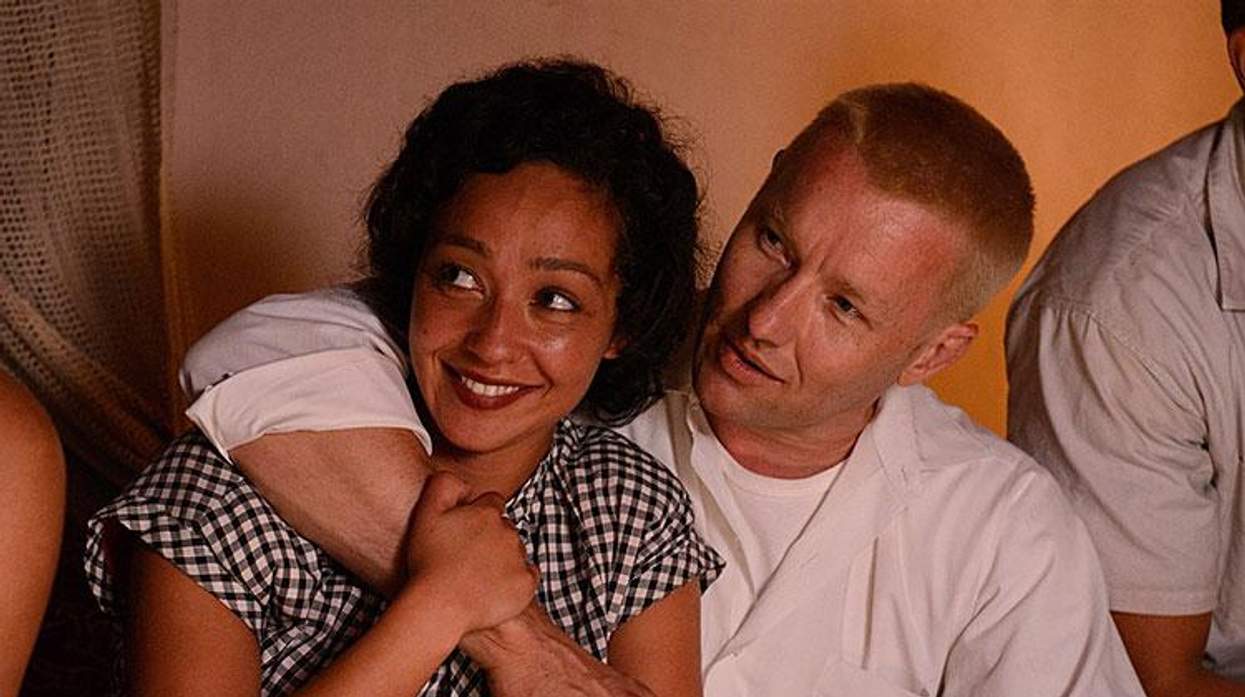








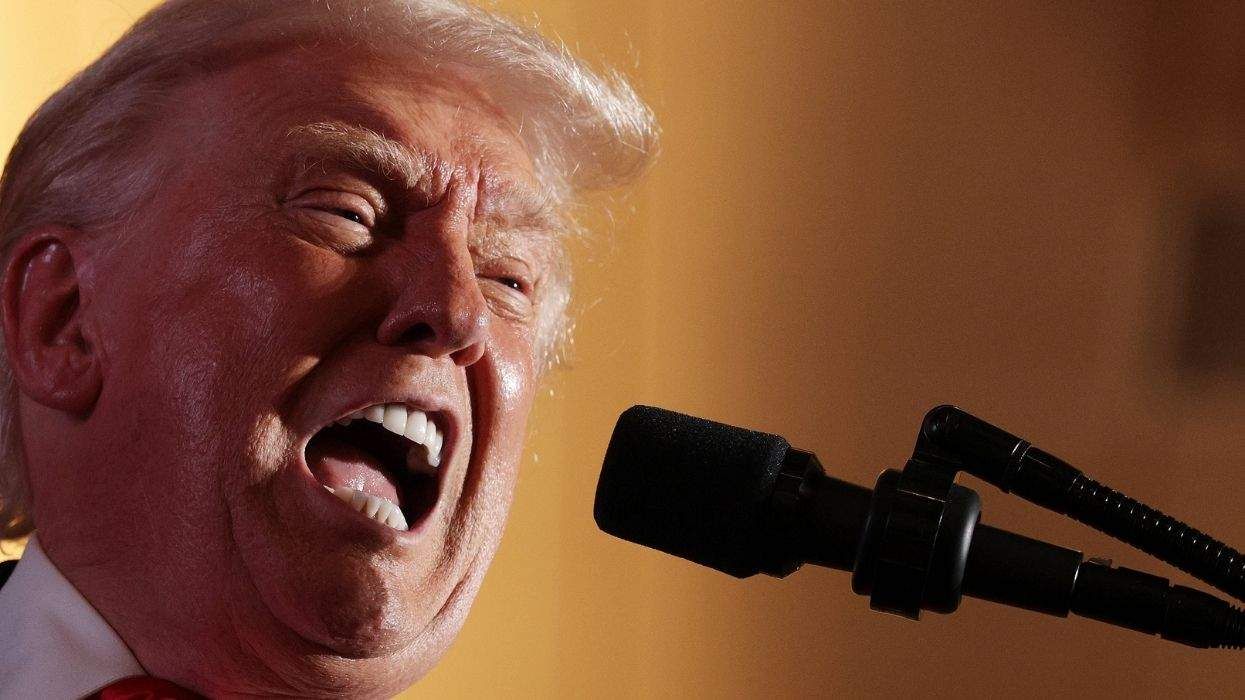
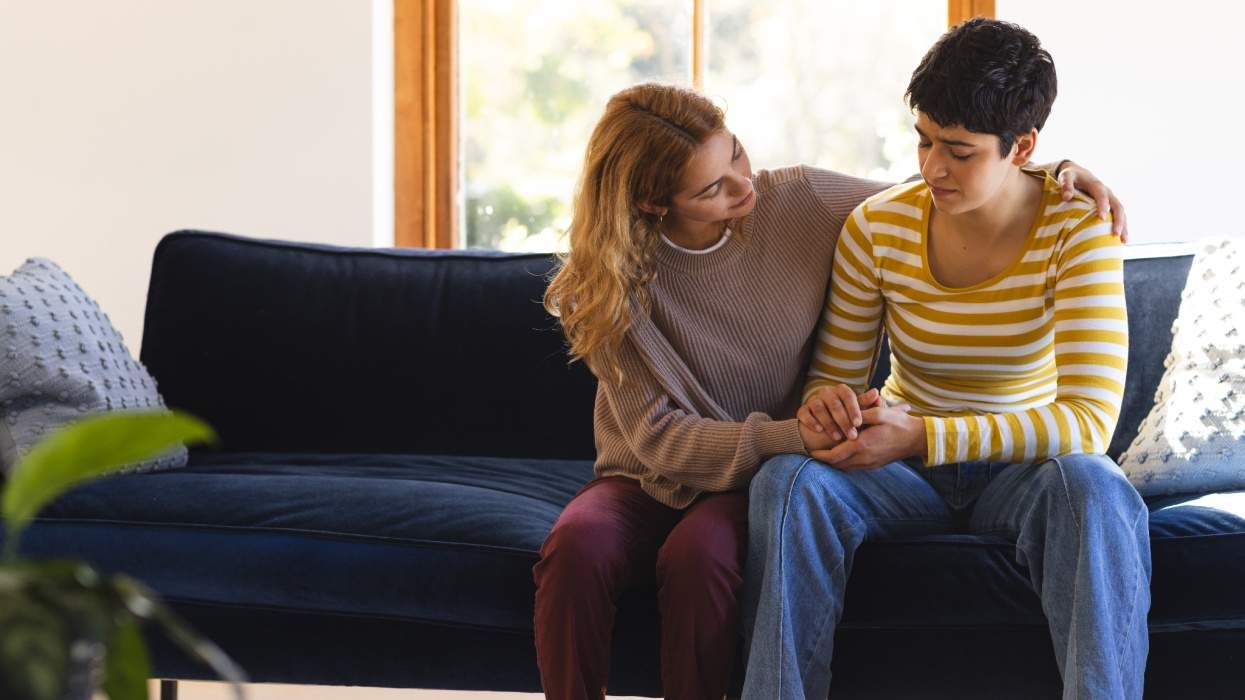
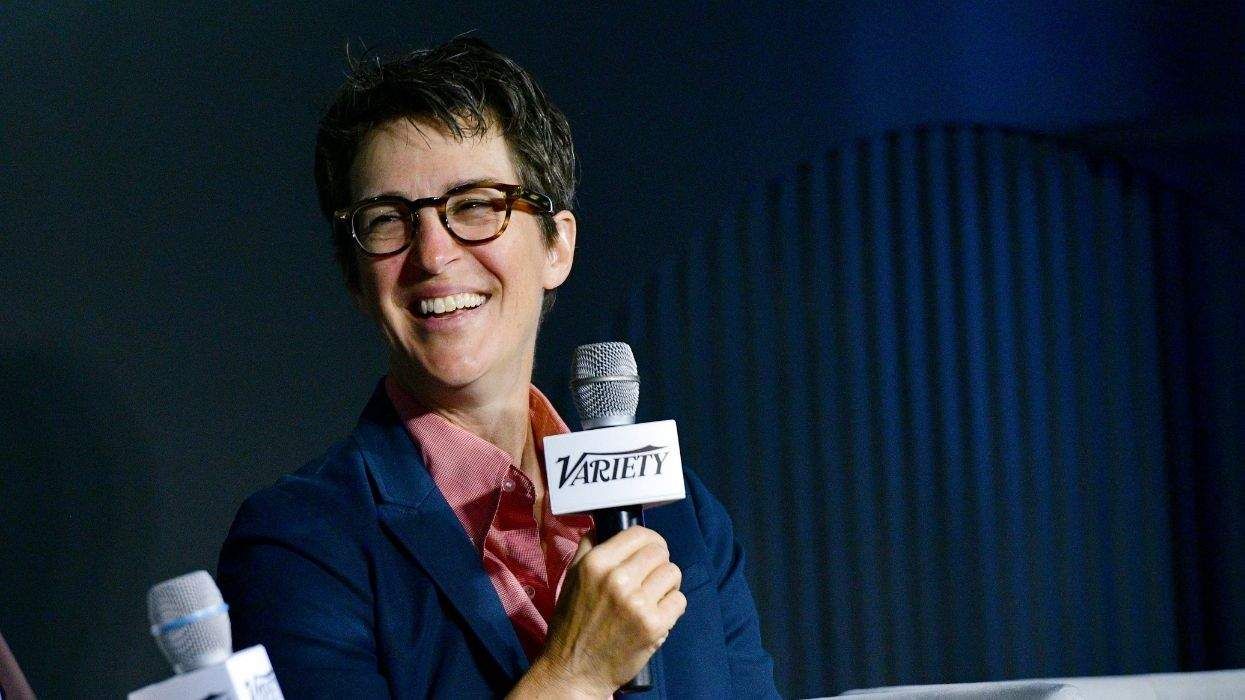


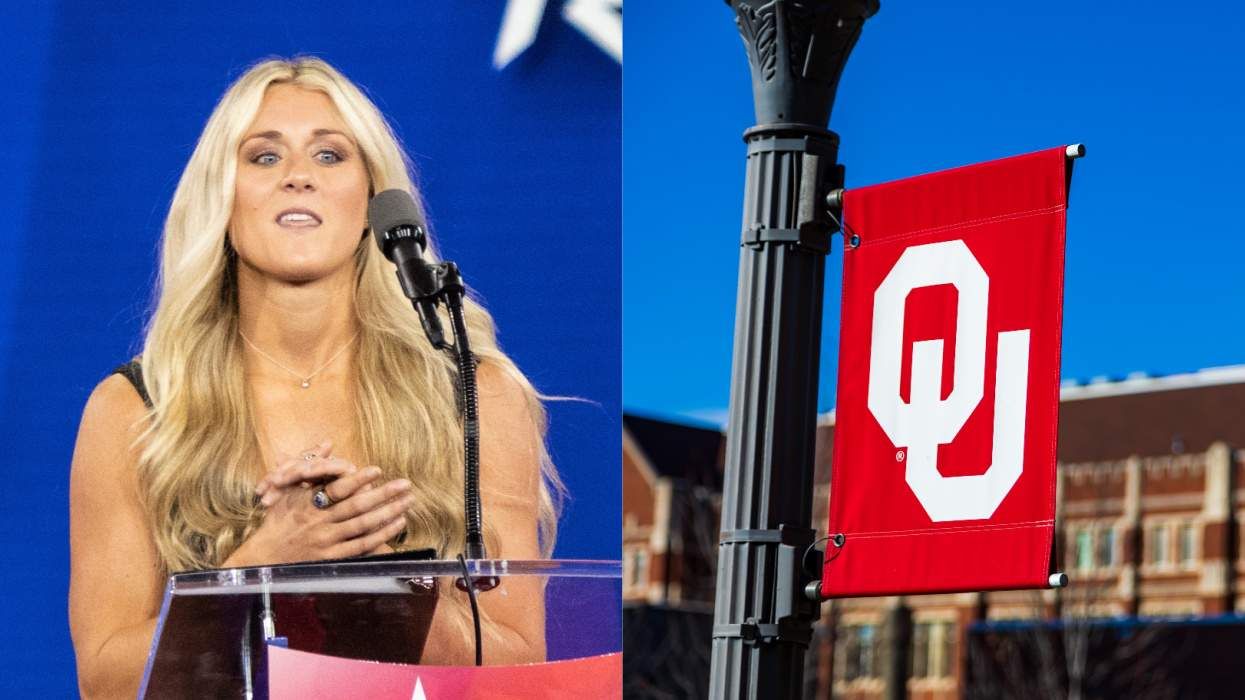
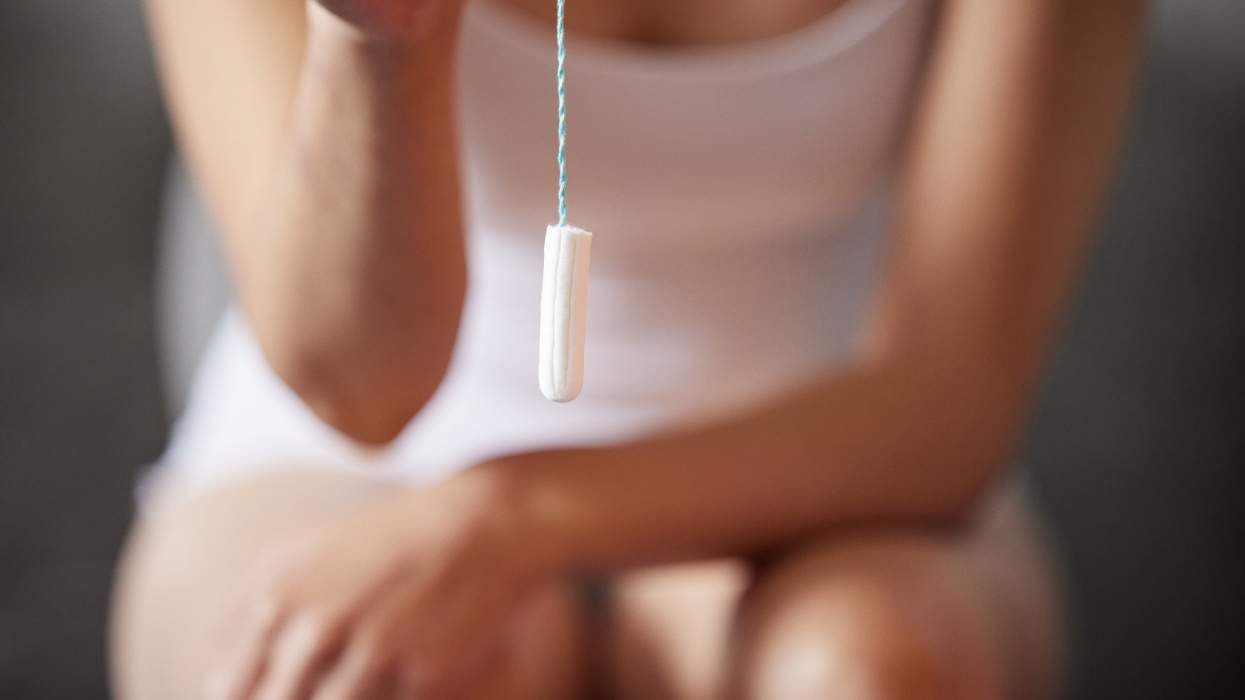

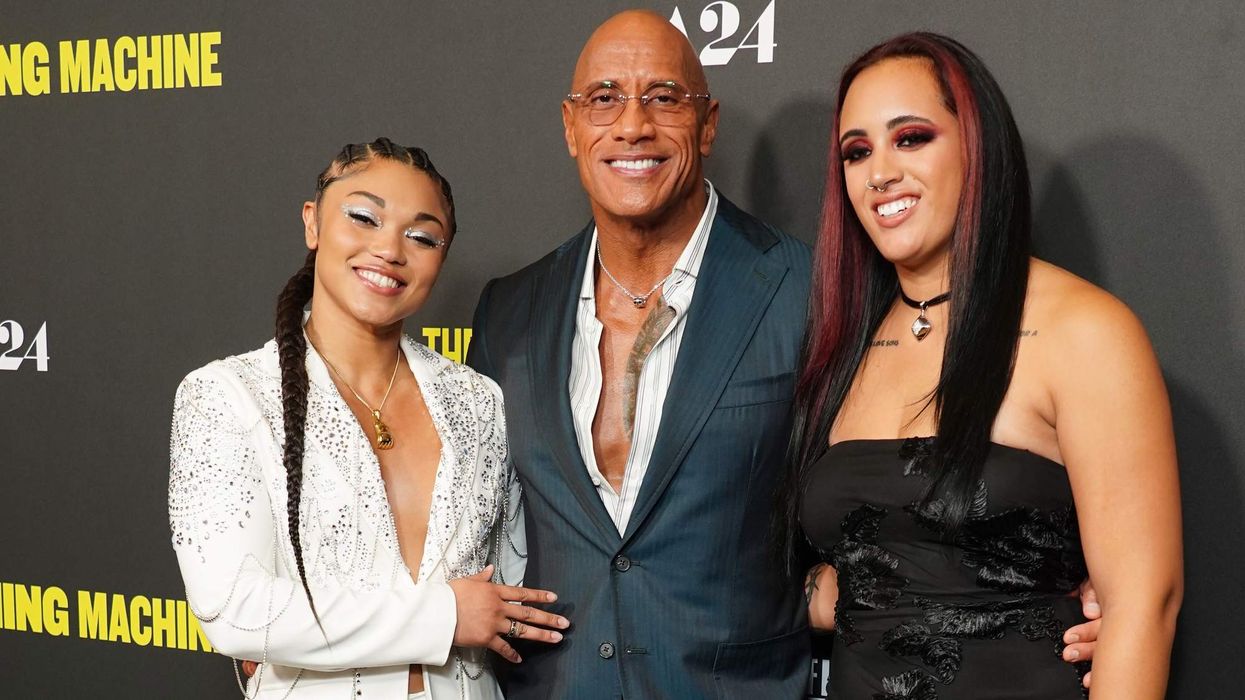
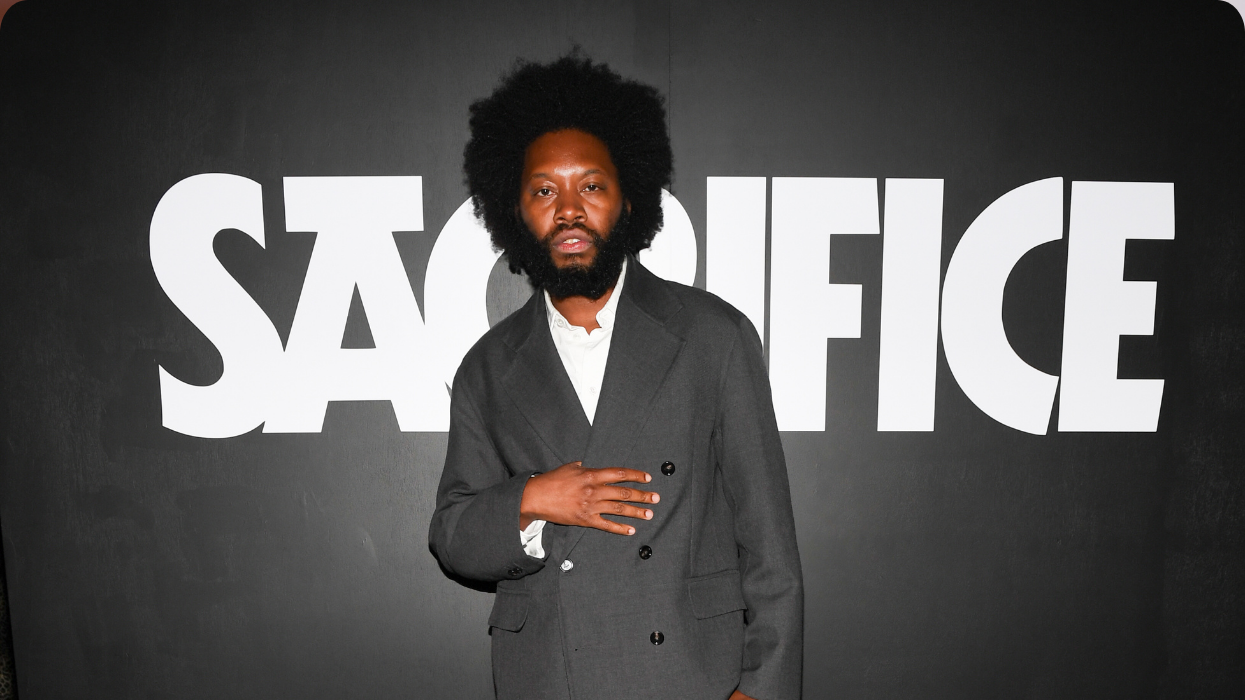
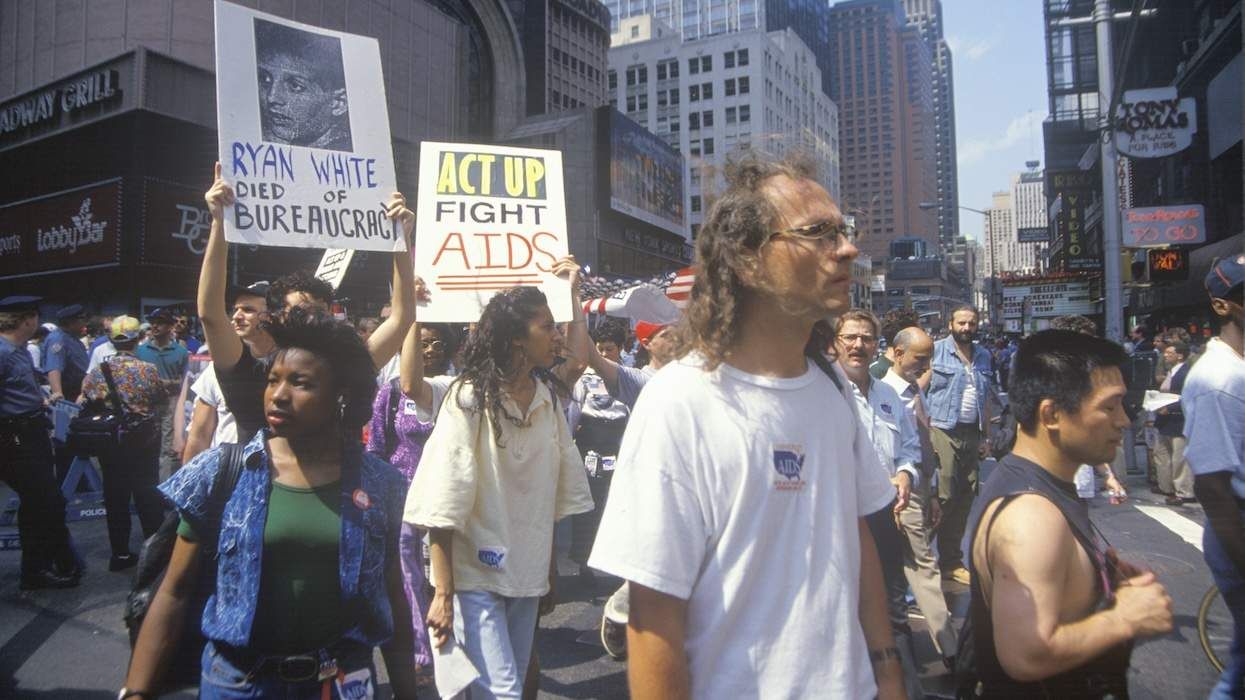


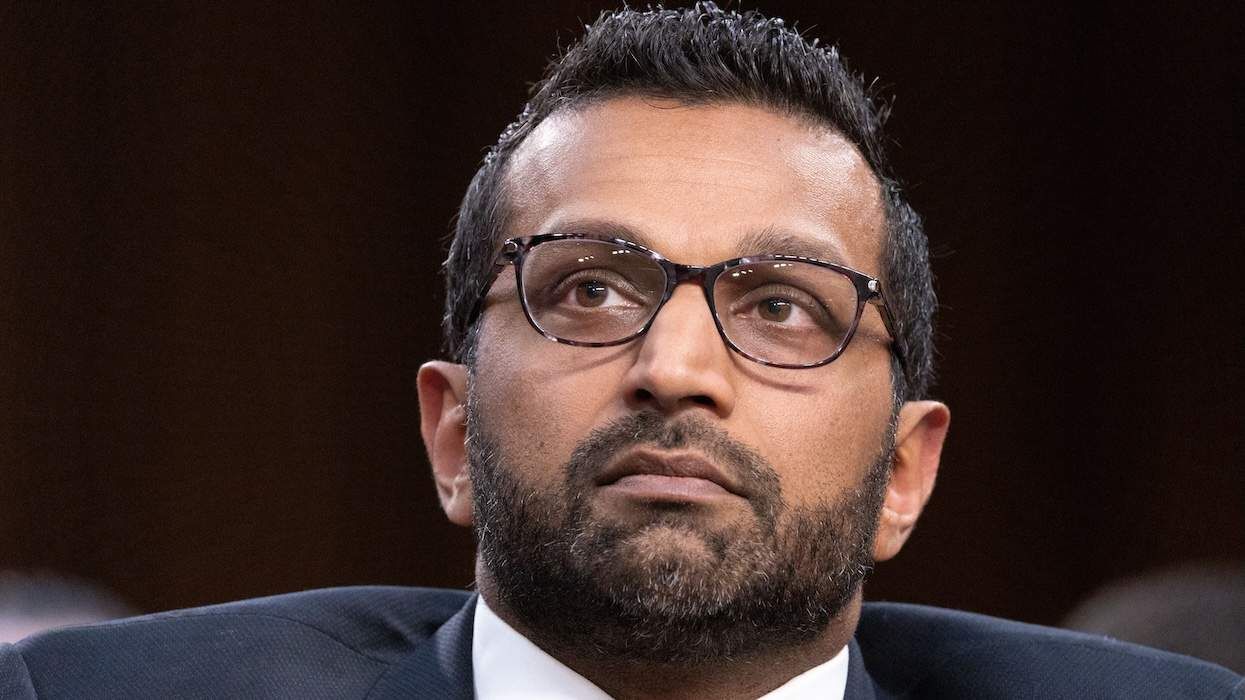
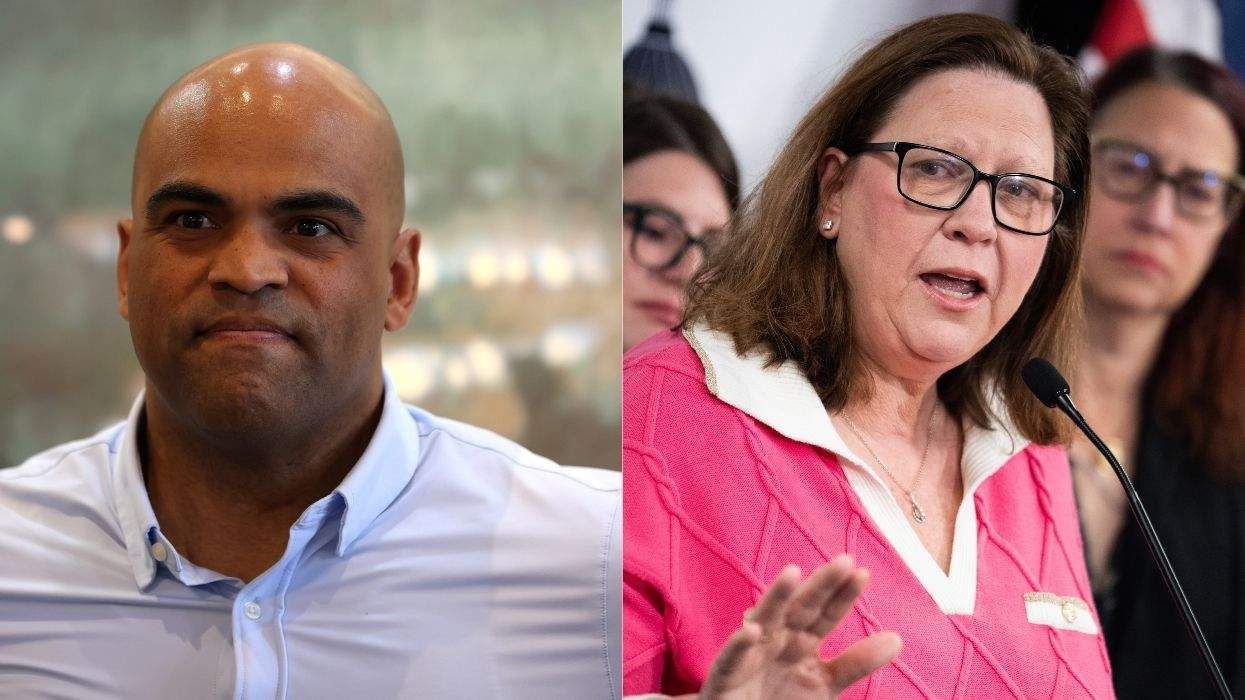


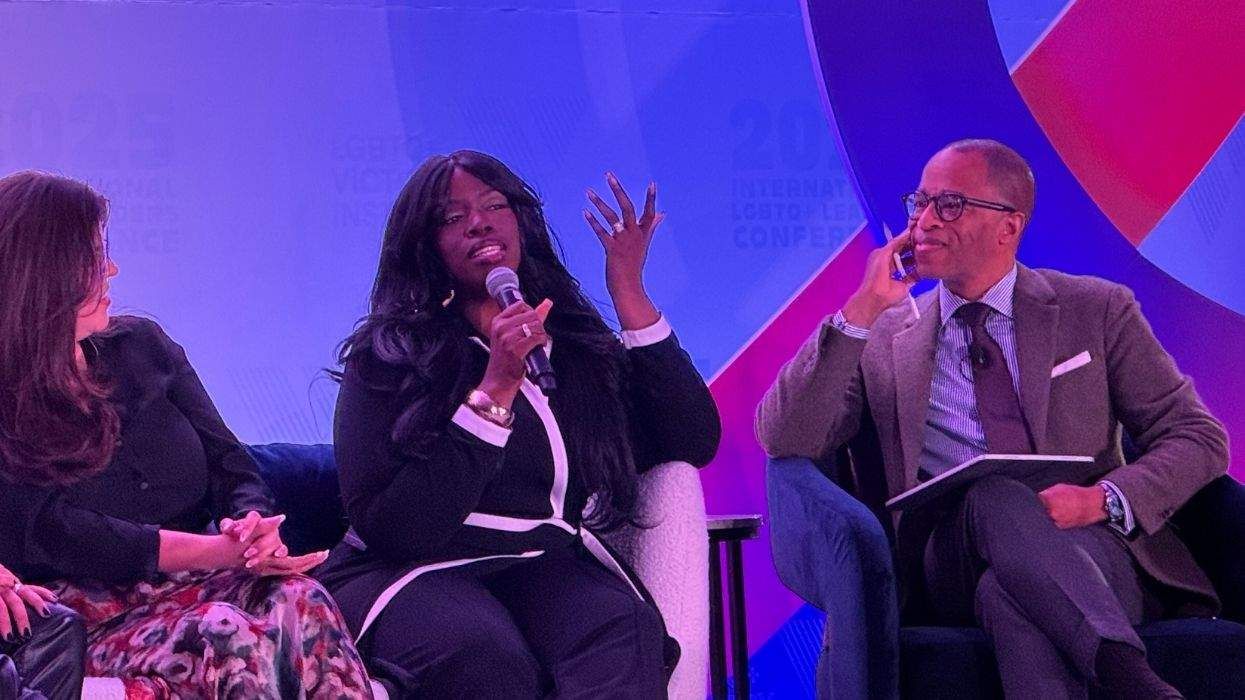
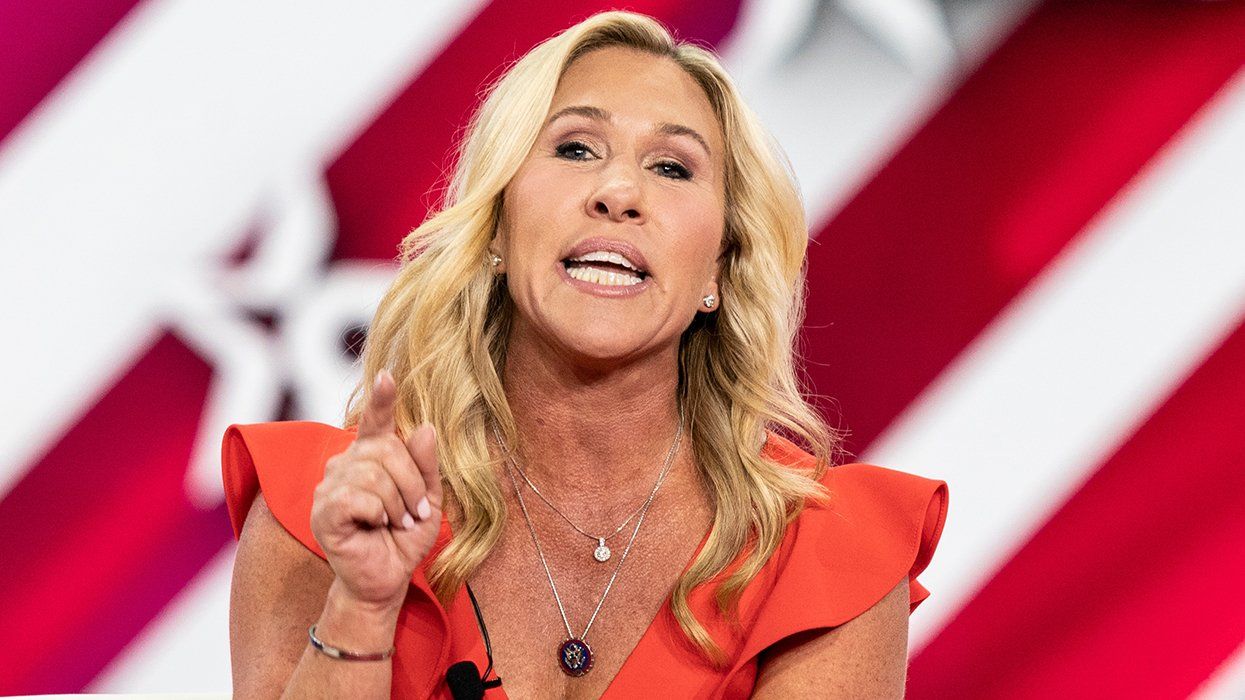















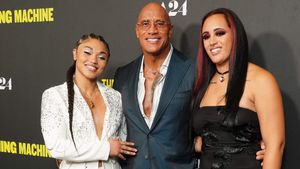



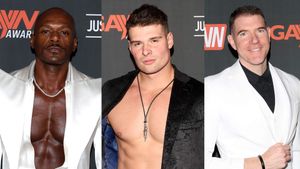




















Charlie Kirk DID say stoning gay people was the 'perfect law' — and these other heinous quotes